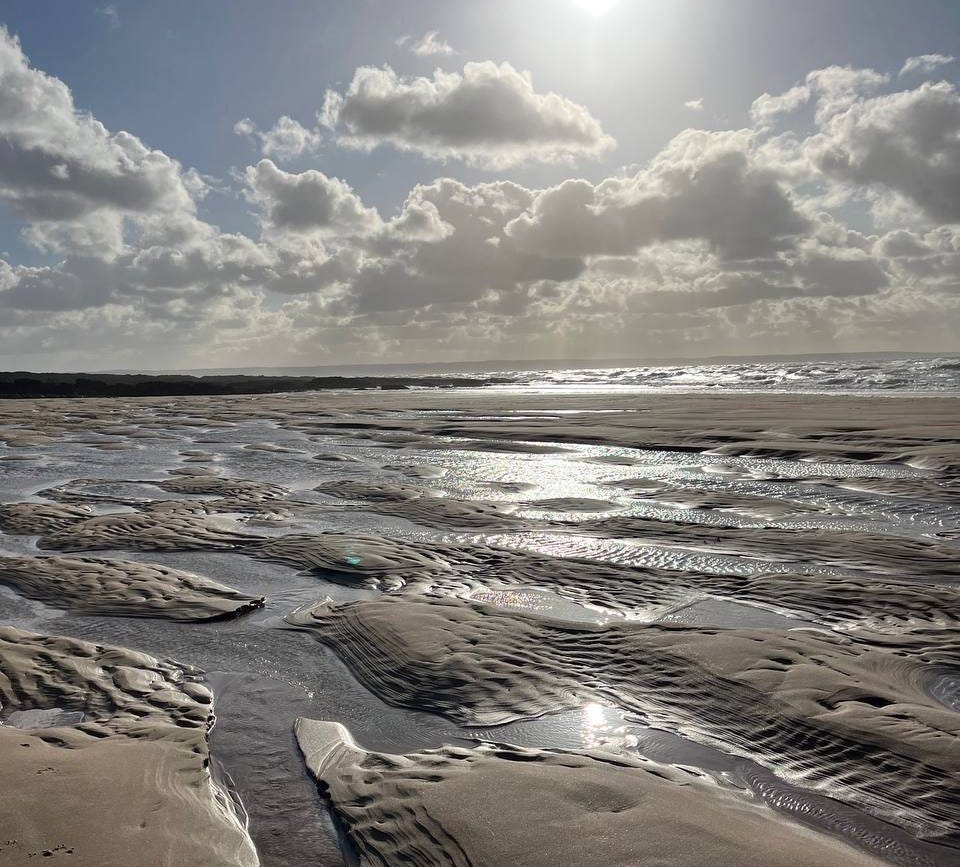Reflections 26th October.
Saturation
I find it interesting, at a time when we are overwhelmed by data and obsessed with measurement, that the posts that generate the most interesting responses use words that are evocative, not specific. Words like “resilience,” “sanctuary,” “language,” “coherence.” So, I’m going to add another one today:
Keep reading with a 7-day free trial
Subscribe to Outside the Walls to keep reading this post and get 7 days of free access to the full post archives.


